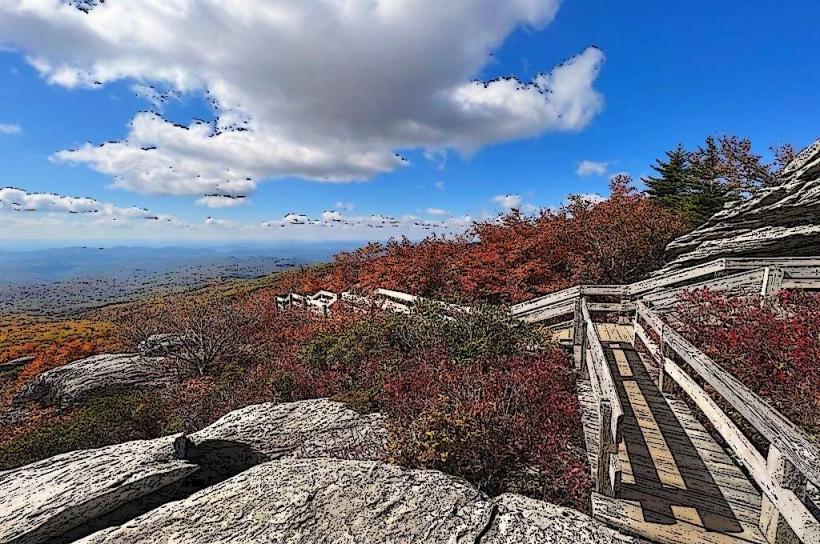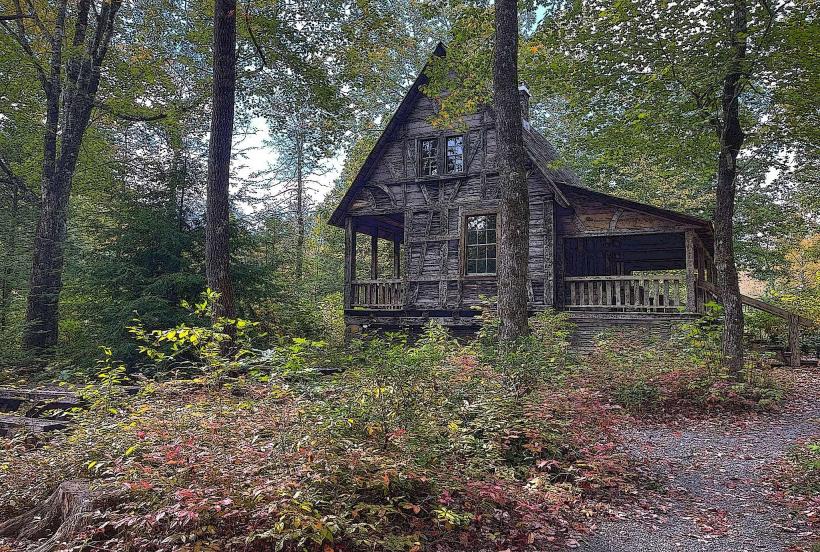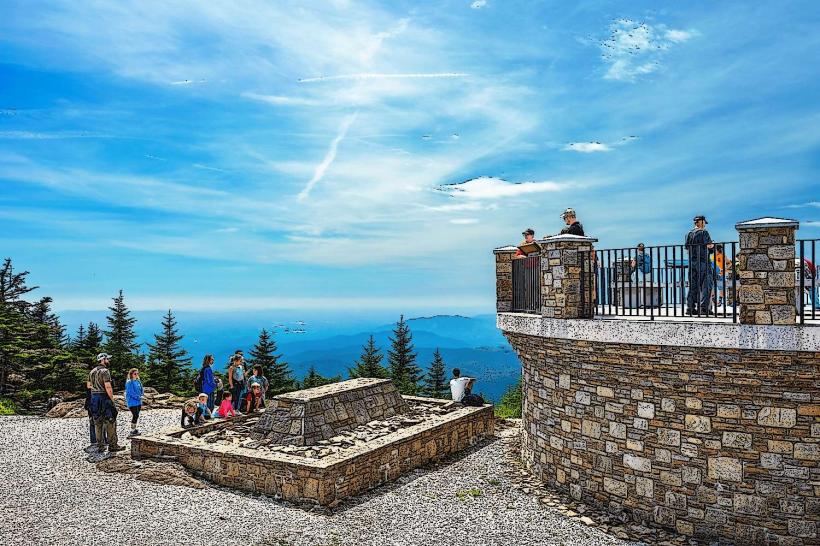Information
Landmark: Western North Carolina Nature CenterCity: Asheville
Country: USA North Carolina
Continent: North America
Western North Carolina Nature Center, Asheville, USA North Carolina, North America
The Western North Carolina Nature Center is a zoological and botanical facility located in Asheville, North Carolina. It focuses on the flora and fauna native to the Appalachian region.
Visual Characteristics
The center features a series of outdoor enclosures for animals and themed gardens. Enclosures are constructed with natural materials such as wood and stone to mimic native habitats. Gardens display a variety of native plant species, including deciduous trees, shrubs, and wildflowers. The facility covers approximately 42 acres.
Location & Access Logistics
The center is situated at 75 Gashes Creek Road, Asheville, NC 28805. It is approximately 5 miles east of downtown Asheville. Access is via US-70 East (Tunnel Road). Turn right onto Gashes Creek Road. Ample parking is available on-site, free of charge. Public transport is available via the Asheville Transit System, Route 17 (East Asheville). The bus stop is located at the entrance to the center.
Historical & Ecological Origin
Established in 1960, the Western North Carolina Nature Center was founded to educate the public about the region's natural heritage. It is situated within the Appalachian Mountains, a geologically ancient range characterized by diverse ecosystems resulting from varied topography and climate.
Key Highlights & Activities
Visitors can observe over 60 species of native animals, including black bears, river otters, and cougars. The center also houses a collection of over 100 species of native plants in its themed gardens. Educational programs and ranger-led talks are offered daily. A dedicated section showcases aquatic life from local rivers and streams.
Infrastructure & Amenities
Restrooms are available near the main entrance and the education building. Shaded areas are provided by mature trees throughout the grounds and covered picnic shelters. Cell phone signal (4G/5G) is generally available. No on-site food vendors are present, but picnic areas are designated.
Best Time to Visit
For optimal wildlife viewing, early morning or late afternoon is recommended. Spring (April-May) offers blooming flora and active young animals. Autumn (September-October) provides fall foliage. The center is open year-round, Tuesday through Sunday.
Facts & Legends
A notable resident is "Catawba," a non-releasable bald eagle that serves as an educational ambassador. Local folklore often speaks of the "Little People" or "Yunwiya" said to inhabit the more remote parts of the Appalachian forests, though these are considered mythical beings.
Nearby Landmarks
- Blue Ridge Parkway (Access Point 37) - 2.5km Northwest
- Biltmore Estate - 6.0km Southwest
- River Arts District - 4.0km West
- Botanical Gardens at Asheville - 3.0km West














